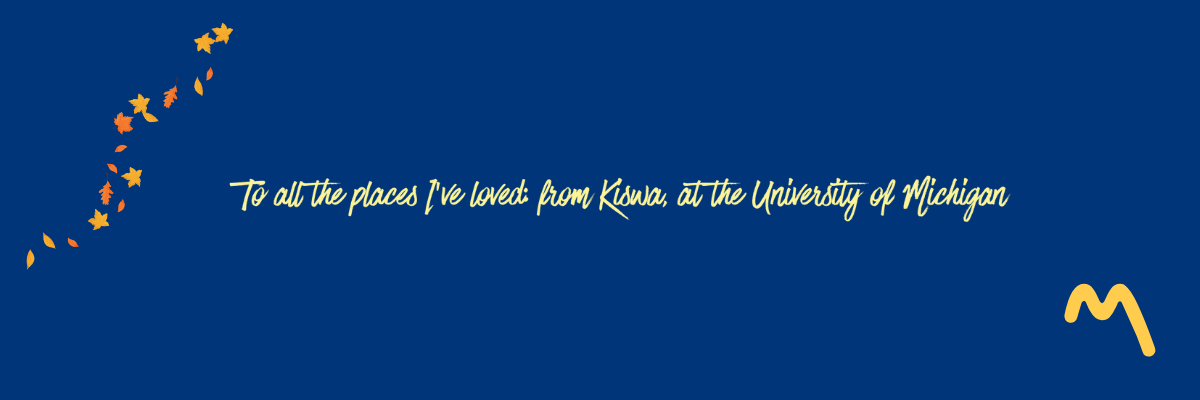She strutted onto the MTV VMA red carpet in an edgy yellow plaid corset dress. Millions of viewers marveled at the pop star’s fashionable, chic, yet rebellious style for the night. Jews on the other hand, couldn’t help but notice how Taylor Swift’s strappy leather gloves resembled the ancient holy Jewish tradition of wrapping tefillin. That night, another ancient and holy Jewish tradition was revealed: the art of comedy through despair.
This tradition isn’t exclusively Jewish, though. People of all minorities use humor to cope with trauma. One of the reasons for this practice is to recenter the power imbalance that exists between minorities and those who oppress them: white supremacists, people who are homophobic or ableist, etc.
“When me and other people in my community make jokes, it’s supposed to be like reclaiming that narrative, because the narrative has been written for us by people who are not in our community,” junior Ezekiel Wilson-Porter, a member of the black community said. “Telling jokes in an informed manner is a way of shifting the focus back to our community and giving power back.”
Taking that power back is crucial, but it’s scary, as it’s scary to be a minority in America right now. The U.S. Department of Justice recently reported that in 2023, 11,862 hate crime incidents involving 13,829 offenses. It seems as though hate is inevitable. Hate speech has a high correlation with mental health, as exhibited by studies conducted by the National Library of Medicine, American Psychological Association, and Springer Nature. This then poses the question: What can minorities do within their own communities to cope with this? Senior and proud member of the MENA (Middle Eastern North African) community, Johnny Chamoun, has an answer.
“I’ve always grown up using humor as a way to bond with others, and when it comes to topics of hate speech, I tend to use humor with my friends as a coping mechanism to bond with all the friends that I that can relate with,” Chamoun said. “It’s just a way for us to bond together and have a good time.”
Being simultaneously a minority and a full-time student means that on top of difficult tests, tedious homework, and academic comparison, you must also worry about your safety and wellbeing. This leaves little room for any practice of being unserious, but intentionally making room for humor is a lifeline for many students who are part of a minority.
“I think it’s good to use humor to deal with situations together,” senior Olivia Russell, a member of the LGBTQIA+ community said. “Often, humor is used as a block to not have to deal with some of those issues, but it can also be used as a way to deal with those situations, and not have to be so serious about it all the time.”
While Swift exposed the ever-present human preference to make light through difficult situations, we must attribute the unwavering resistance to minorities themselves. Even through acute anti-minority oppression in America, minorities consistently find ways to not just survive, but thrive with a smile on their face and laughter on their lips. Humor, to minorities, is ultimately resistance.









